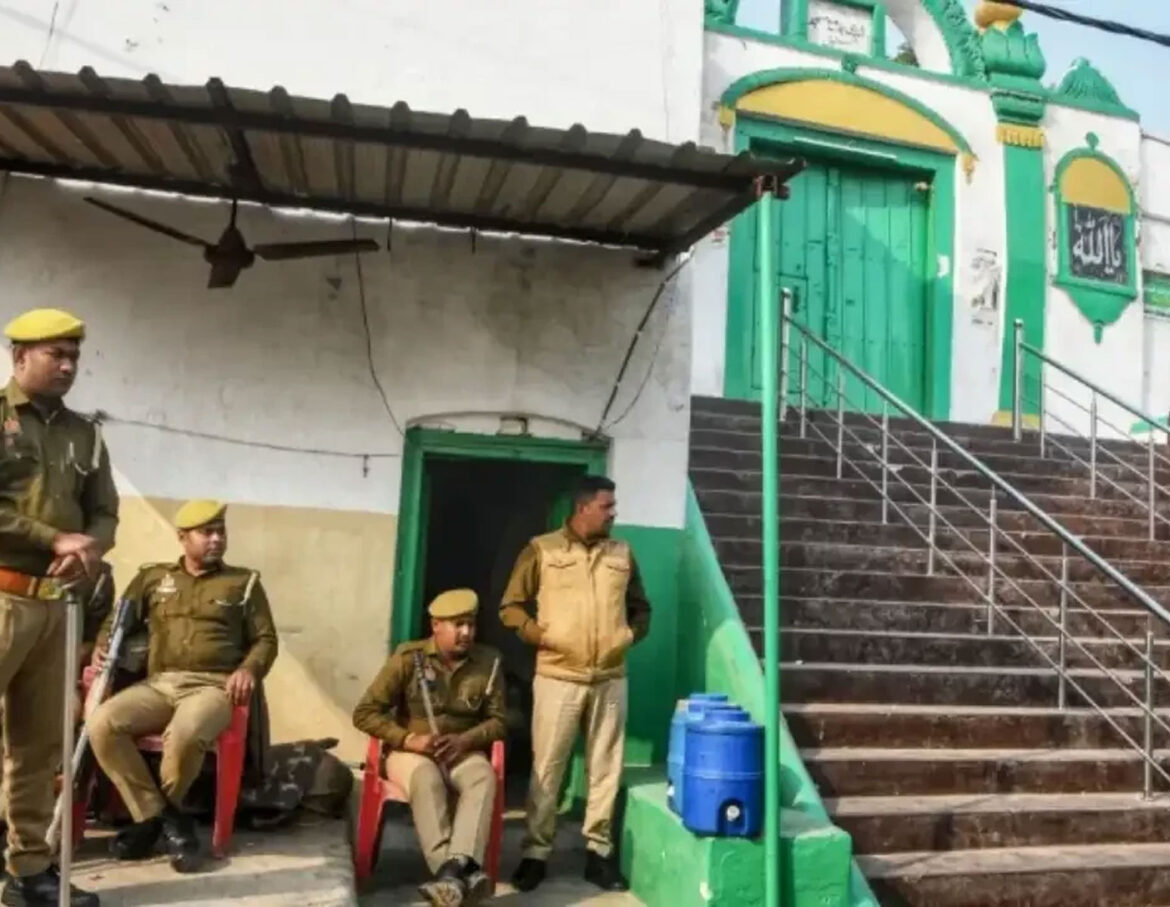New Delhi, India — Tensions boiled over in Sambhal, Uttar Pradesh, on Sunday as protests against an archaeological survey of the historic Shahi Jama Masjid turned deadly. Among the victims was Nayeem Ahmad, 35, a sweets shop owner who was fatally shot, leaving behind a grieving family.
The protests erupted after a local court ordered a survey of the 16th-century mosque following claims that it was built over a Hindu temple. The survey, conducted by the Archaeological Survey of India (ASI), led to panic and misinformation, culminating in violent clashes. Police claim they were responding to “miscreants” opening fire, while locals accuse authorities of excessive force.
At least five people have died from bullet injuries, with families of the victims alleging police responsibility. District authorities have imposed strict measures, including internet shutdowns, school closures, and a heavy police presence to control the situation.
The Shahi Jama Masjid is one of several sites embroiled in disputes alleging that Muslim religious structures were built on demolished Hindu temples, a narrative amplified by Hindu nationalist groups in recent years. The mosque, designated a “protected monument,” has been a flashpoint in ongoing communal tensions.
Legal experts have criticized the judiciary’s role in exacerbating the situation. In 2022, the Supreme Court allowed a similar survey in Varanasi, leading to what critics call a dangerous precedent. “The judiciary has opened a Pandora’s box,” said Colin Gonsalves, founder of the Human Rights Law Network.
As tensions escalate, Tasleem Ahmad mourns his brother’s death. “My brother was not part of the protest, yet he was killed,” he said, calling for justice amid an atmosphere of fear and uncertainty.
The situation in Sambhal reflects broader anxieties over religious and communal dynamics in India, with critics warning of escalating violence and deepening divides.



